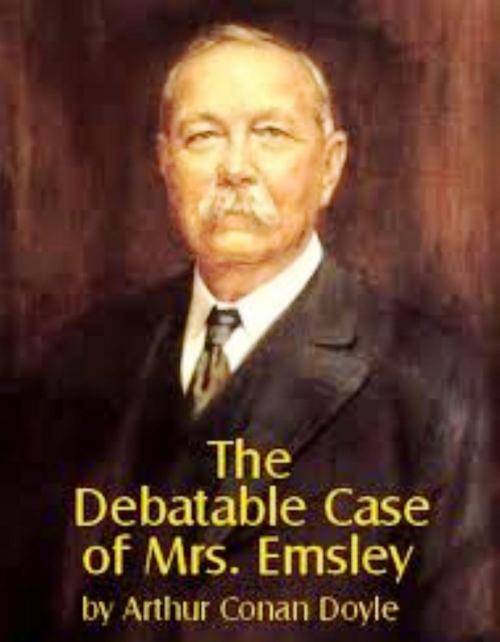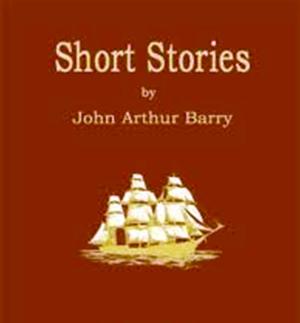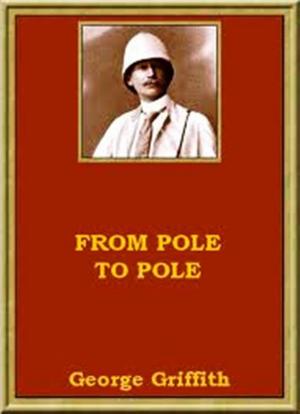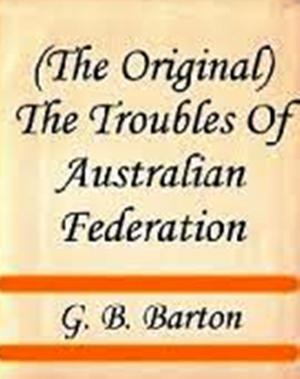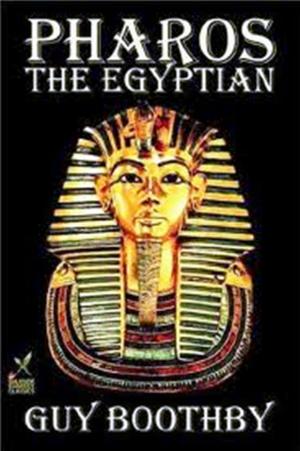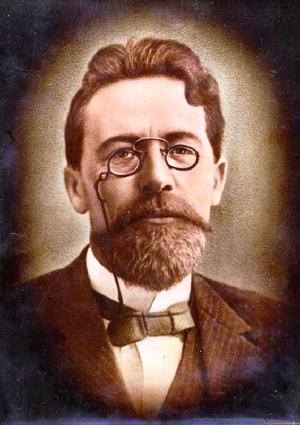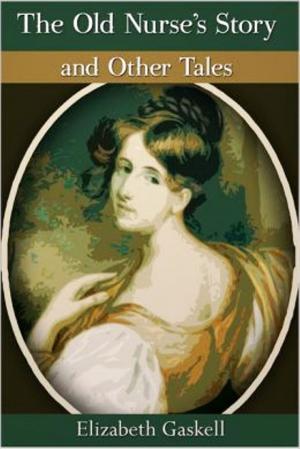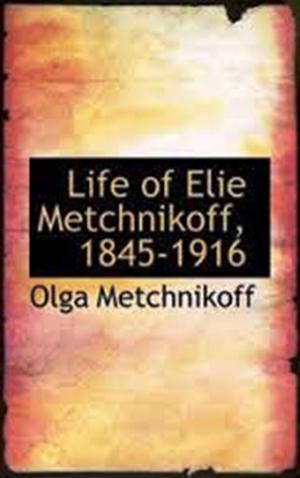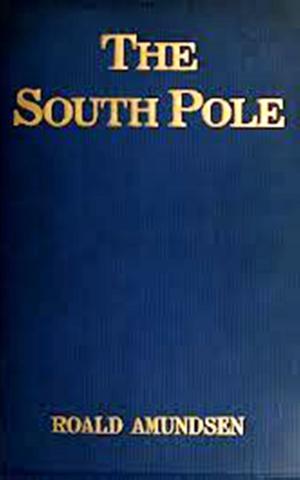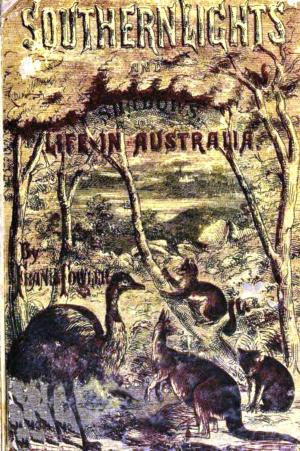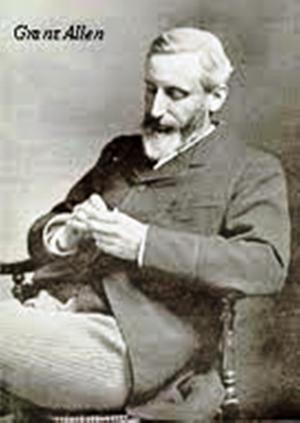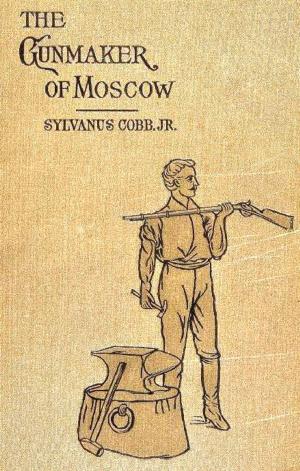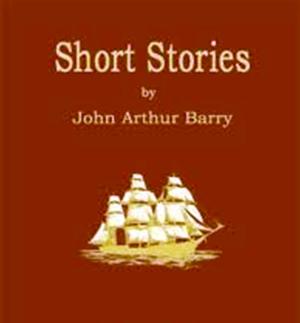| Author: | Arthur Conan Doyle | ISBN: | 1230000156291 |
| Publisher: | WDS Publishing | Publication: | July 31, 2013 |
| Imprint: | Language: | English |
| Author: | Arthur Conan Doyle |
| ISBN: | 1230000156291 |
| Publisher: | WDS Publishing |
| Publication: | July 31, 2013 |
| Imprint: | |
| Language: | English |
IN the fierce popular indignation which is excited by a sanguinary crime there is a tendency, in which judges and juries share, to brush aside or to treat as irrelevant those doubts the benefit of which is supposed to be one of the privileges of the accused. Lord Tenterden has whittled down the theory of doubt by declaring that a jury is justified in giving its verdict upon such evidence as it would accept to be final in any of the issues of life. But when one looks back and remembers how often one has been very sure and yet has erred in the issues of life, how often what has seemed certain has failed us, and that which appeared impossible has come to pass, we feel that if the criminal law has been conducted upon such principles it is probably itself the giant murderer of England. Far wiser is the contention that it is better that ninety-nine guilty should escape than that one innocent man should suffer, and that, therefore, if it can be claimed that there is one chance in a hundred in favour of the prisoner he is entitled to his acquittal. It cannot be doubted that if the Scotch verdict of 'Not proven,' which neither condemns nor acquits, had been permissible in England it would have been the outcome of many a case which, under our sterner law, has ended upon the scaffold. Such a verdict would, I fancy, have been hailed as a welcome compromise by the judge and the jury who investigated the singular circumstances which attended the case of Mrs. Mary Emsley.
The stranger in London who wanders away from the beaten paths and strays into the quarters in which the workers dwell is astounded by their widespread monotony, by the endless rows of uniform brick houses broken only by the corner public-houses and more infrequent chapels which are scattered amongst them. The expansion of the great city has been largely caused by the covering of district after district with these long lines of humble dwellings, and the years between the end of the Crimean War and 1860 saw great activity in this direction. Many small builders by continually mortgaging what they had done, and using the capital thus acquired to start fresh works which were themselves in turn mortgaged, contrived to erect street after street, and eventually on account of the general rise of property to make considerable fortunes. Amongst these astute speculators there was one John Emsley, who, dying, left his numerous houses and various interests to his widow Mary.
IN the fierce popular indignation which is excited by a sanguinary crime there is a tendency, in which judges and juries share, to brush aside or to treat as irrelevant those doubts the benefit of which is supposed to be one of the privileges of the accused. Lord Tenterden has whittled down the theory of doubt by declaring that a jury is justified in giving its verdict upon such evidence as it would accept to be final in any of the issues of life. But when one looks back and remembers how often one has been very sure and yet has erred in the issues of life, how often what has seemed certain has failed us, and that which appeared impossible has come to pass, we feel that if the criminal law has been conducted upon such principles it is probably itself the giant murderer of England. Far wiser is the contention that it is better that ninety-nine guilty should escape than that one innocent man should suffer, and that, therefore, if it can be claimed that there is one chance in a hundred in favour of the prisoner he is entitled to his acquittal. It cannot be doubted that if the Scotch verdict of 'Not proven,' which neither condemns nor acquits, had been permissible in England it would have been the outcome of many a case which, under our sterner law, has ended upon the scaffold. Such a verdict would, I fancy, have been hailed as a welcome compromise by the judge and the jury who investigated the singular circumstances which attended the case of Mrs. Mary Emsley.
The stranger in London who wanders away from the beaten paths and strays into the quarters in which the workers dwell is astounded by their widespread monotony, by the endless rows of uniform brick houses broken only by the corner public-houses and more infrequent chapels which are scattered amongst them. The expansion of the great city has been largely caused by the covering of district after district with these long lines of humble dwellings, and the years between the end of the Crimean War and 1860 saw great activity in this direction. Many small builders by continually mortgaging what they had done, and using the capital thus acquired to start fresh works which were themselves in turn mortgaged, contrived to erect street after street, and eventually on account of the general rise of property to make considerable fortunes. Amongst these astute speculators there was one John Emsley, who, dying, left his numerous houses and various interests to his widow Mary.
